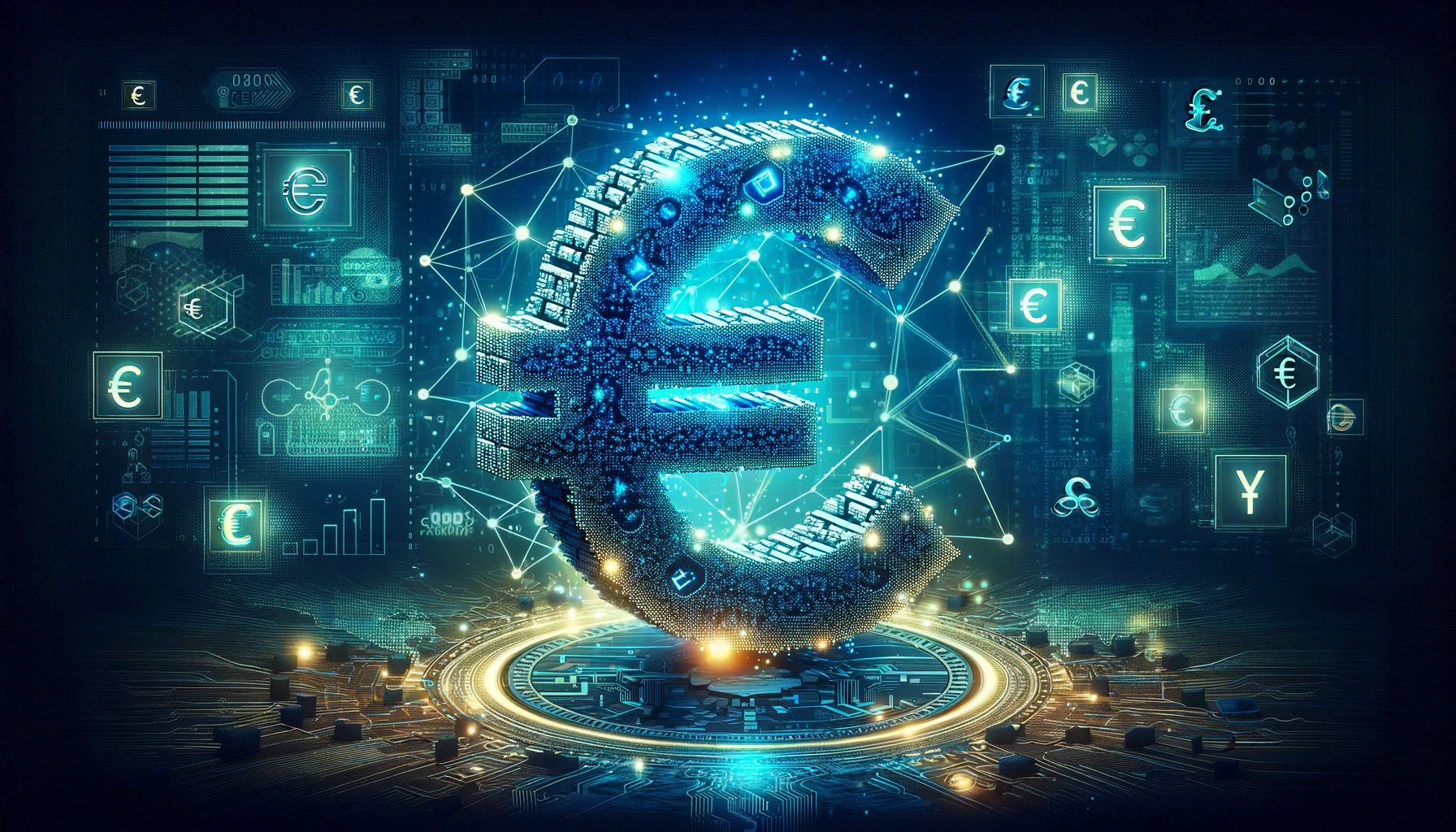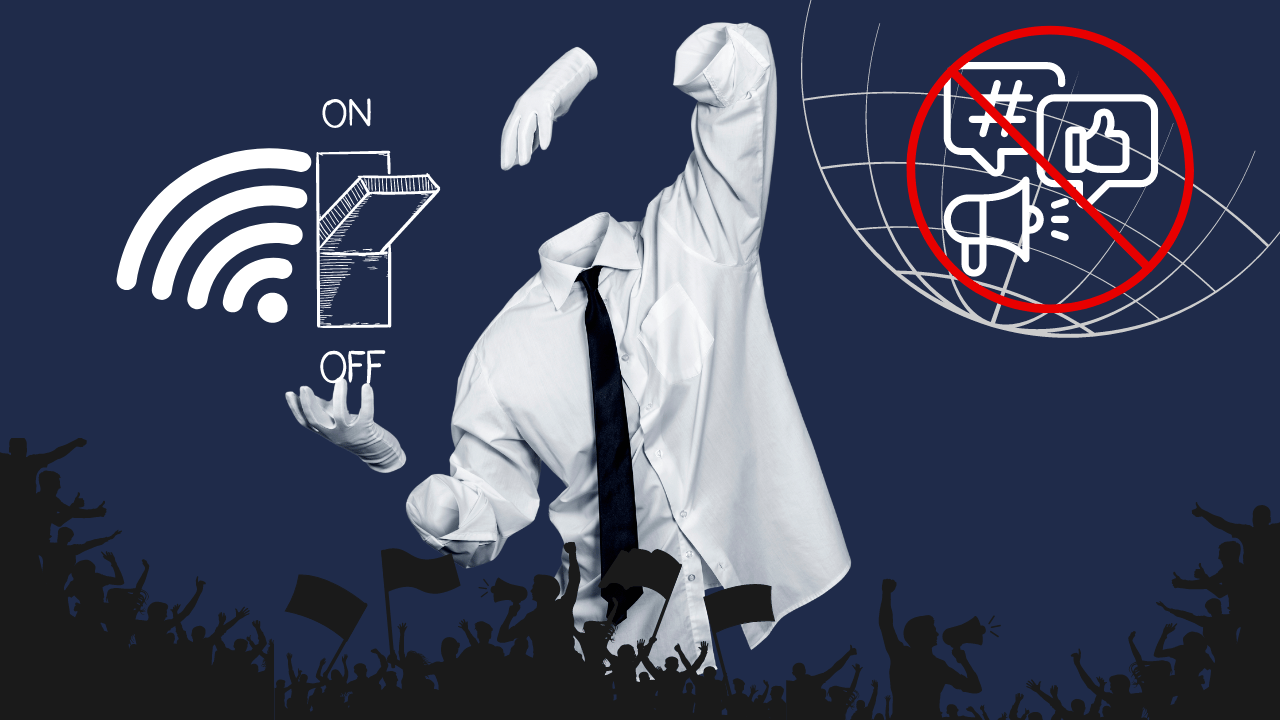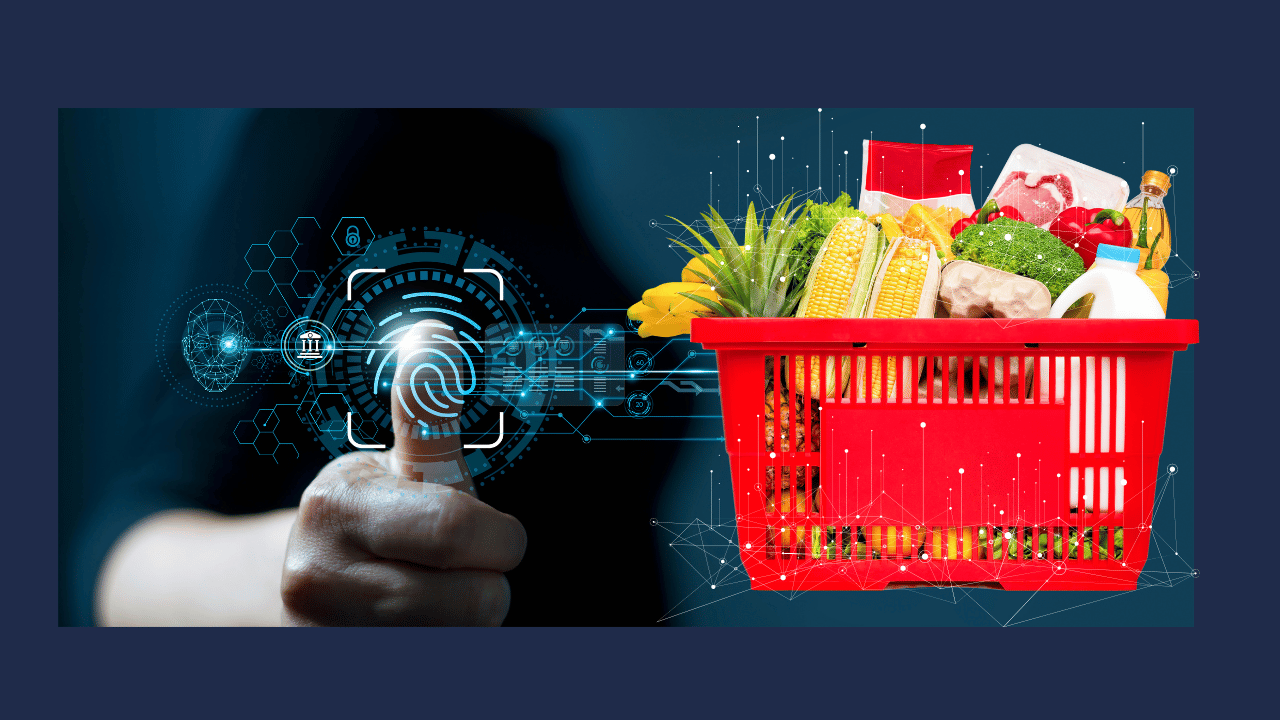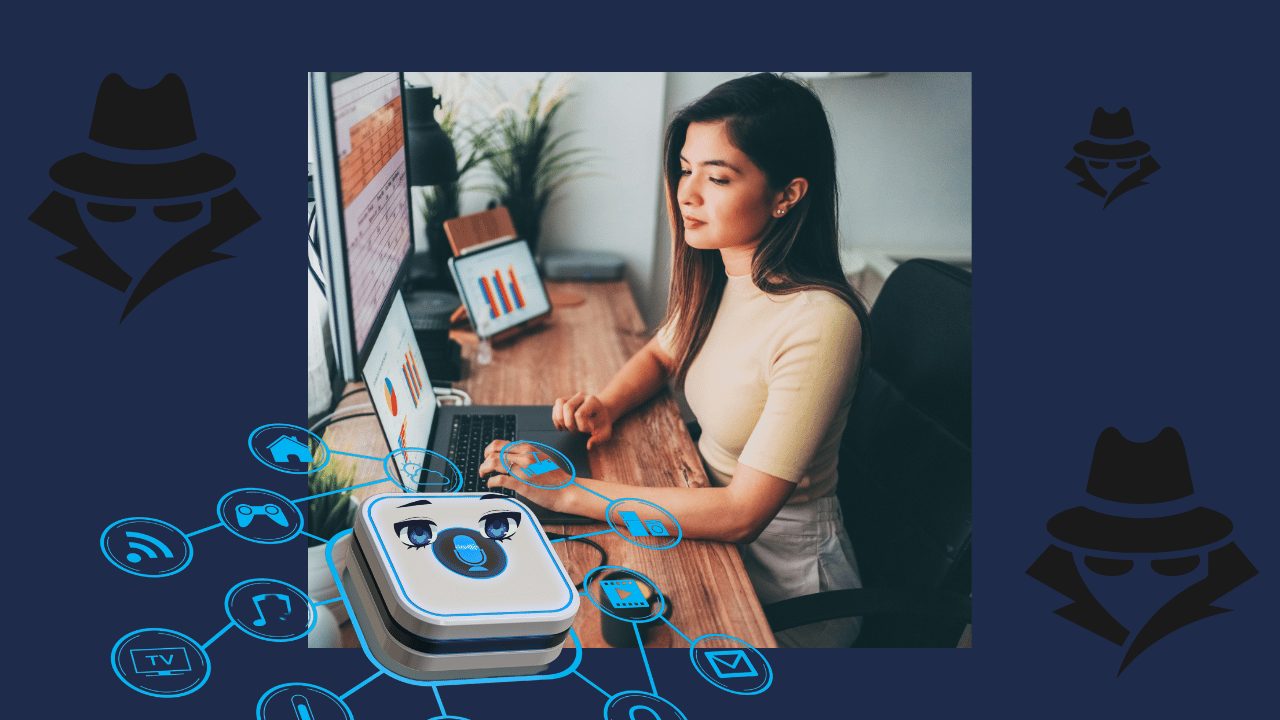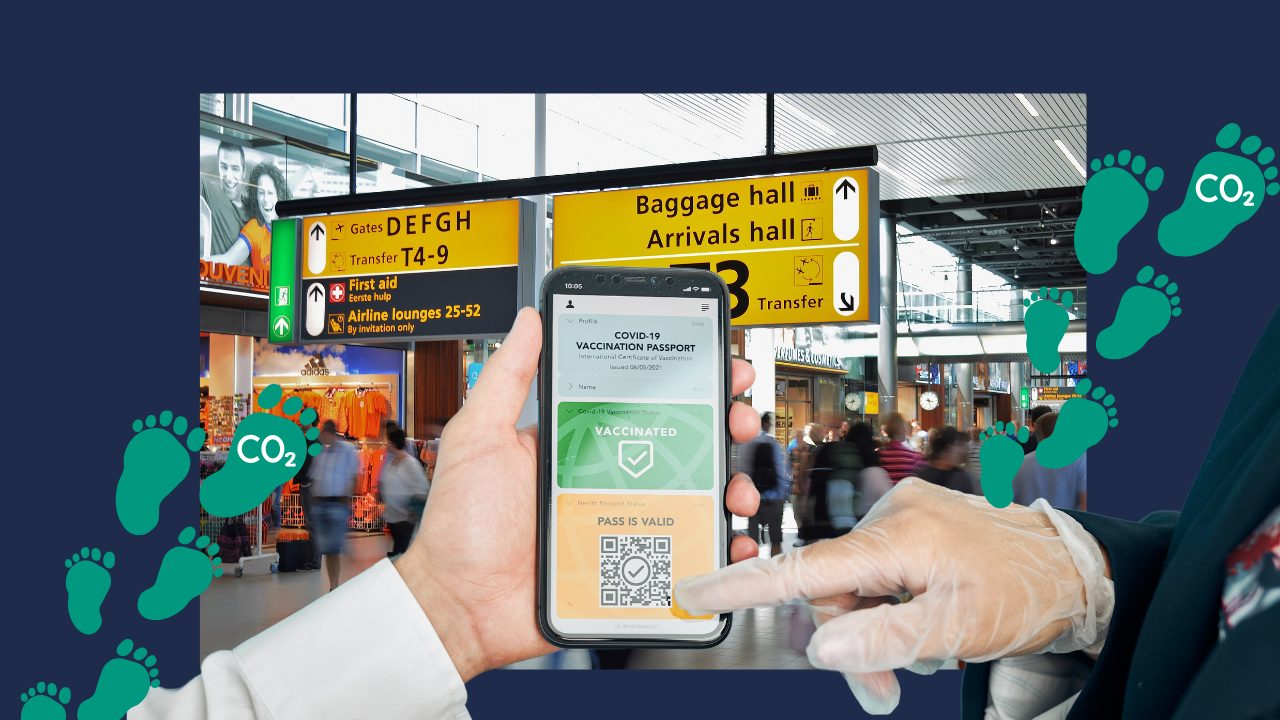In today’s digital age, where our lives are increasingly online, understanding the concepts of privacy, security, and anonymity has never been more important. While these terms are often used interchangeably, they refer to distinct aspects of how we protect our information and identities on the internet. Let’s break down each concept to better understand the differences and why they matter.
Privacy: Your Right to Control
Privacy concerns the right to control access to your personal information. It’s about the ability to choose which details about your life are shared and with whom. In the digital realm, privacy might involve using settings on social media platforms to control who can see your posts or utilizing encrypted messaging apps that ensure only the intended recipient can read your messages.
Privacy is foundational to maintaining personal autonomy and freedom of expression. Without privacy, our choices, behaviors, and even thoughts can be influenced by the knowledge that they might be observed or judged by others. In a broader sense, privacy supports the idea of consent — that individuals should have a say in how information about them is collected, used, and shared.
Security: Protection from Harm
While privacy is about control over personal information, security refers to the protection of that information (and our digital selves) from unauthorized access, theft, or damage. Security encompasses the tools and practices that safeguard our data from external threats, such as hackers, viruses, and other forms of cyberattacks.
Implementing strong security measures (like using complex passwords, enabling two-factor authentication, and keeping software up to date) helps protect our private information from being compromised. It’s a proactive approach to defend against potential threats to our digital wellbeing. Security is not just a personal concern; organizations also have a significant responsibility to ensure the security of the data they handle, particularly sensitive information such as financial records or personal identification details.
Anonymity: Concealing Your Identity
Anonymity takes the concept of privacy a step further by hiding one’s identity entirely. When you are anonymous, others may see your actions or words but cannot trace them back to you as an individual. Online, anonymity can be achieved through various means, such as using pseudonyms on forums or employing services like VPNs (Virtual Private Networks) that mask your IP address.
Anonymity can be crucial for protecting freedom of speech, especially in situations where expressing certain opinions could lead to reprisal or persecution. It allows individuals to share ideas or report on issues without fear of personal repercussions. However, anonymity also raises complex ethical questions, as it can be misused for harmful purposes, such as cyberbullying or spreading misinformation without accountability.
Why They Matter?
In our interconnected world, privacy, security, and anonymity are vital components of a healthy digital society. They empower individuals to navigate the internet with confidence, safeguarding personal freedoms and protecting against malicious actors. Yet, they also pose challenges, requiring a delicate balance between protecting individual rights and ensuring accountability.
Understanding the distinctions between privacy, security, and anonymity helps us make informed decisions about how we interact online. It enables us to advocate for policies and practices that respect and protect our digital rights while recognizing the responsibilities that come with these freedoms.
In conclusion, as we continue to explore the vast digital landscape, let’s strive to uphold the principles of privacy, security, and anonymity. By doing so, we not only protect ourselves but also contribute to a more secure, respectful, and free digital world for everyone.
How PRVCY World Bridges the Gap
At our team, we recognize the critical importance of understanding and integrating privacy, security, and anonymity in the digital world. This is why we have meticulously developed what we consider the best course available on this subject. Our comprehensive curriculum is designed not only to educate but to empower individuals with the practical skills and knowledge required to navigate the complexities of the digital landscape effectively.
Through a blend of theoretical insights and hands-on experiences, our course guides learners through the nuances of protecting personal information, securing digital identities, and maintaining anonymity online. We believe that by mastering the interplay between these three crucial aspects, our students can confidently safeguard their digital presence against evolving threats. Whether you’re a beginner looking to understand the basics or a seasoned professional aiming to update your skills, our course offers a tailored learning journey that addresses the specific needs and challenges of the modern digital environment. Join us to take the first step towards mastering the art of combining privacy, security, and anonymity in the digital world.
Master your Privacy and Cyber-Security

- Stop government surveillance
- Stop Big-Tech Tracking & Ads
- Best security for crypto & digital ID



